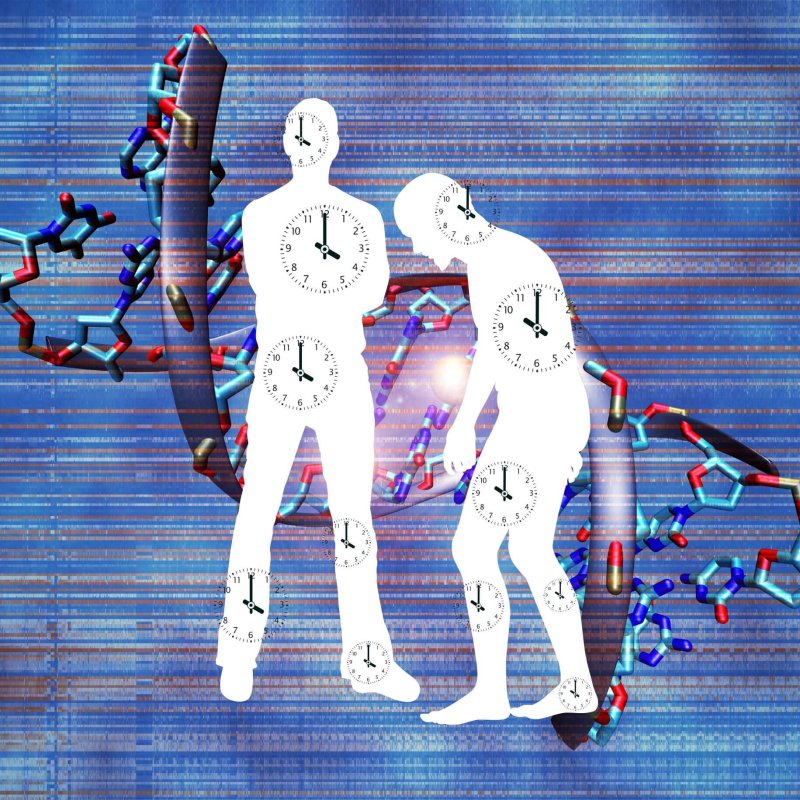The GLP aggregated and excerpted this blog/article to reflect the diversity of news, opinion and analysis.
The idea that time wears on the body in a predictable way — and that for some people the process is accelerated or slowed — seems obvious. But is it true?
Do we have a bodily timekeeper? Where might it reside? Can we tell whether it’s in sync with the calendar?
These questions are central to the mystery of aging, our one-way ride on the arrow of time. They’re also important to understanding chronic diseases — the heart attack, stroke, cancer and dementia that grow more likely the older we get. The newest strategy to prevent disease, in fact, is to find ways to slow aging.
A study published in 2015 looked at roughly 1,000 New Zealanders who have been followed by researchers since their birth in the city of Dunedin in 1972 and 1973. The group is periodically given tests of organs whose function slowly begins to decline starting about age 30. The results are used to calculate “biological age.”
Biological age was calculated for each person when the group was 26, 32 and 38 years old. Because the calculation was done repeatedly over a dozen years, the researchers were also able to estimate a “pace of aging” for each person.
The results were startling. Even though all subjects had a chronological age of 38, their biological ages ranged from 28 to 61. There was a similarly wide range in the pace of aging. A few people showed virtually no aging over 12 years, a few showed three years of biological aging per year lived, and the rest fell in between.
Read full, original post: Scientists can make mice live longer. Now they want to do the same for you.































